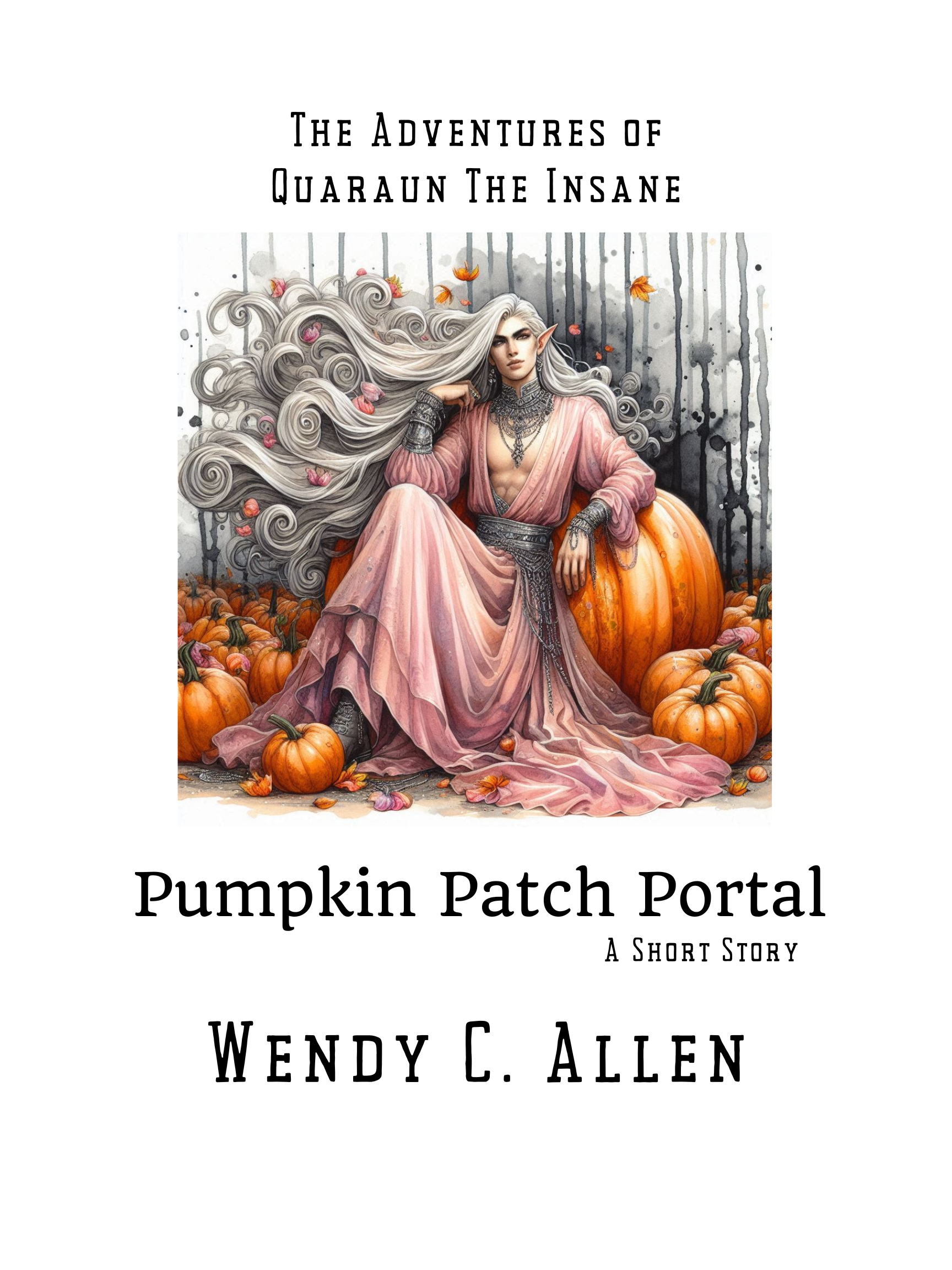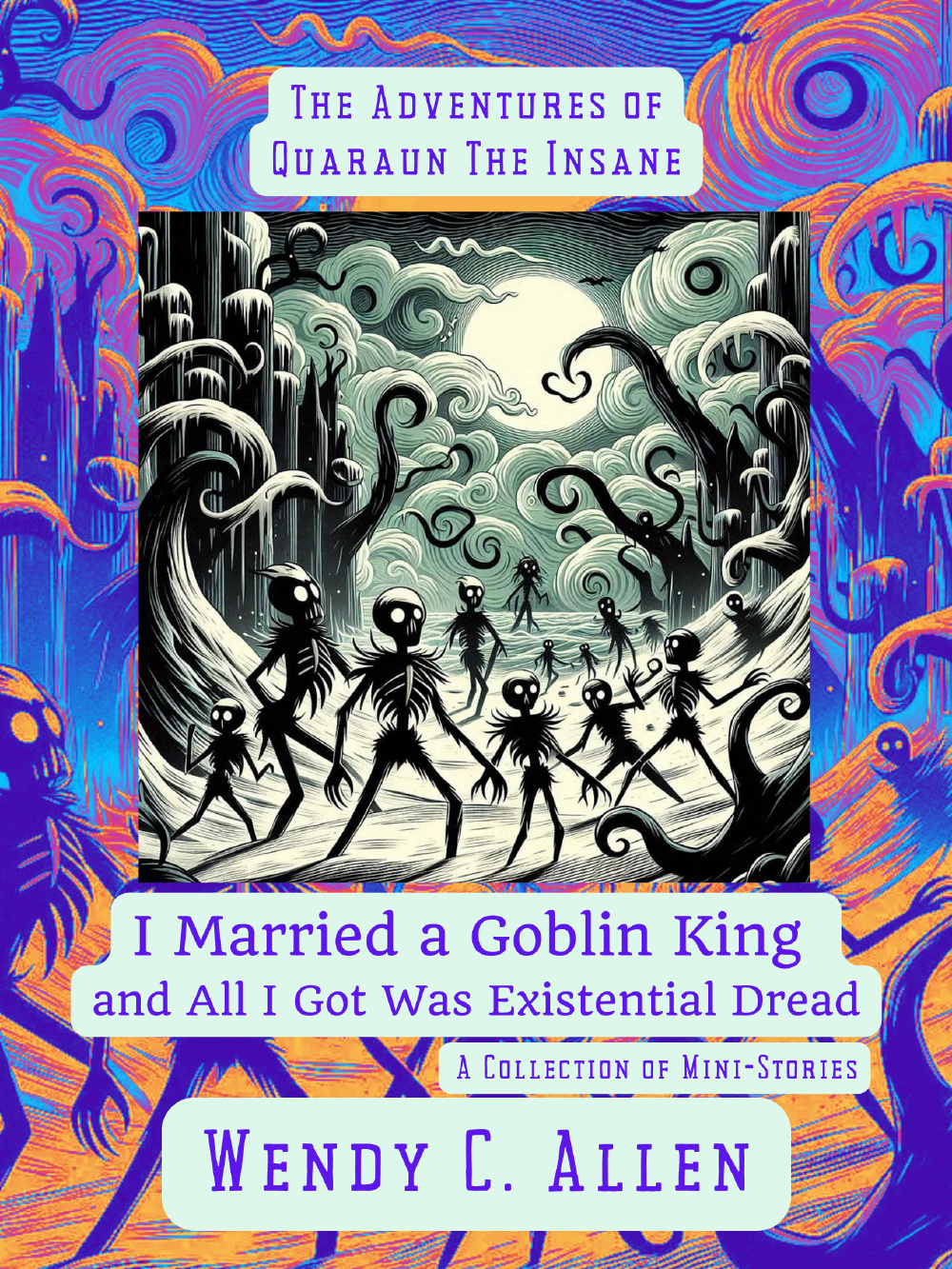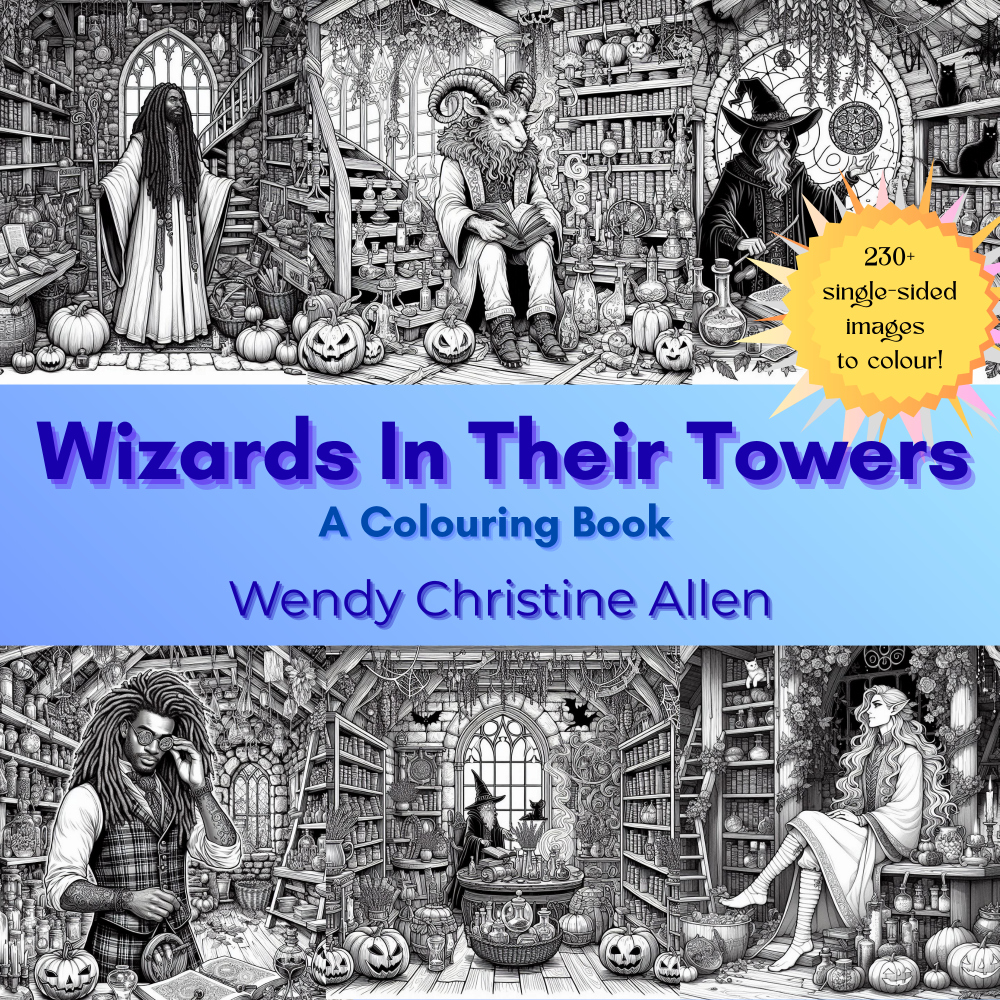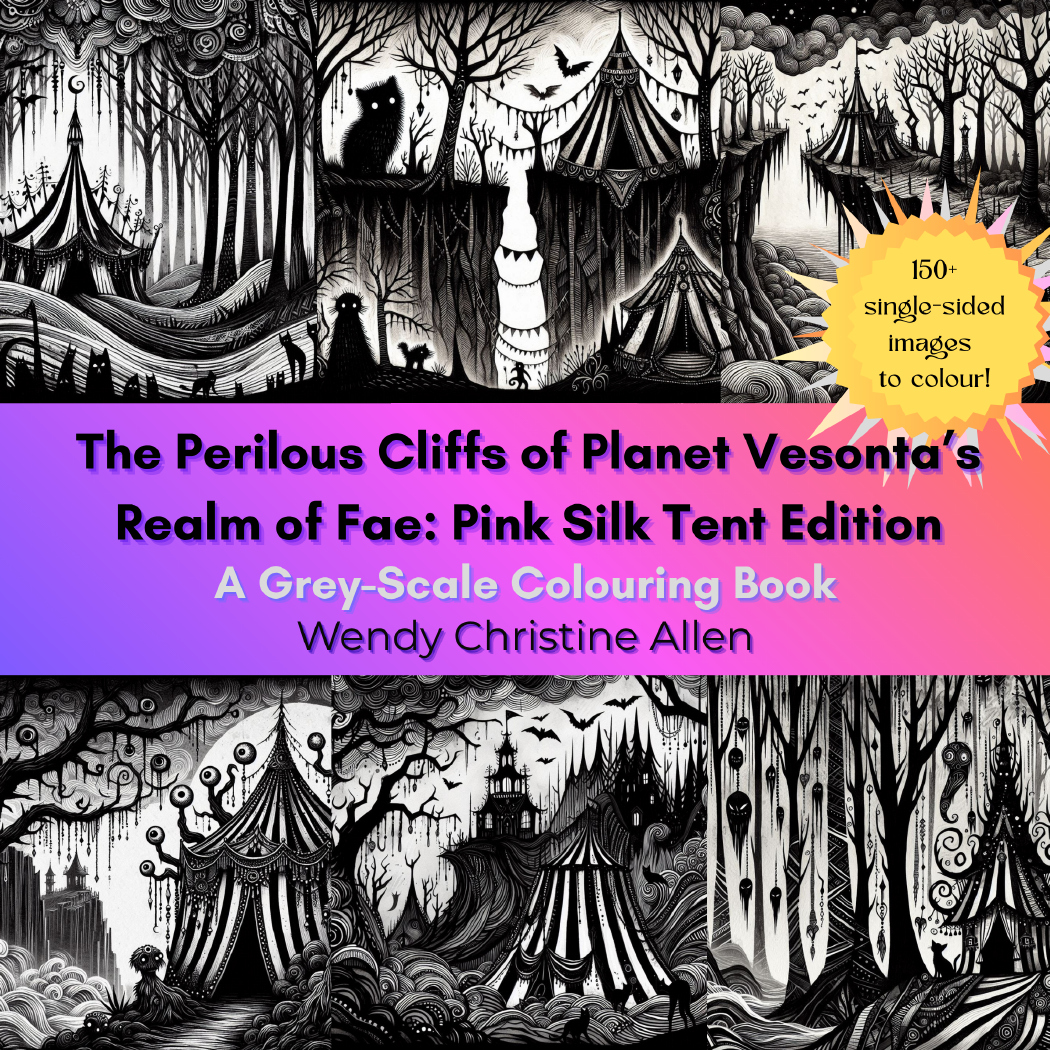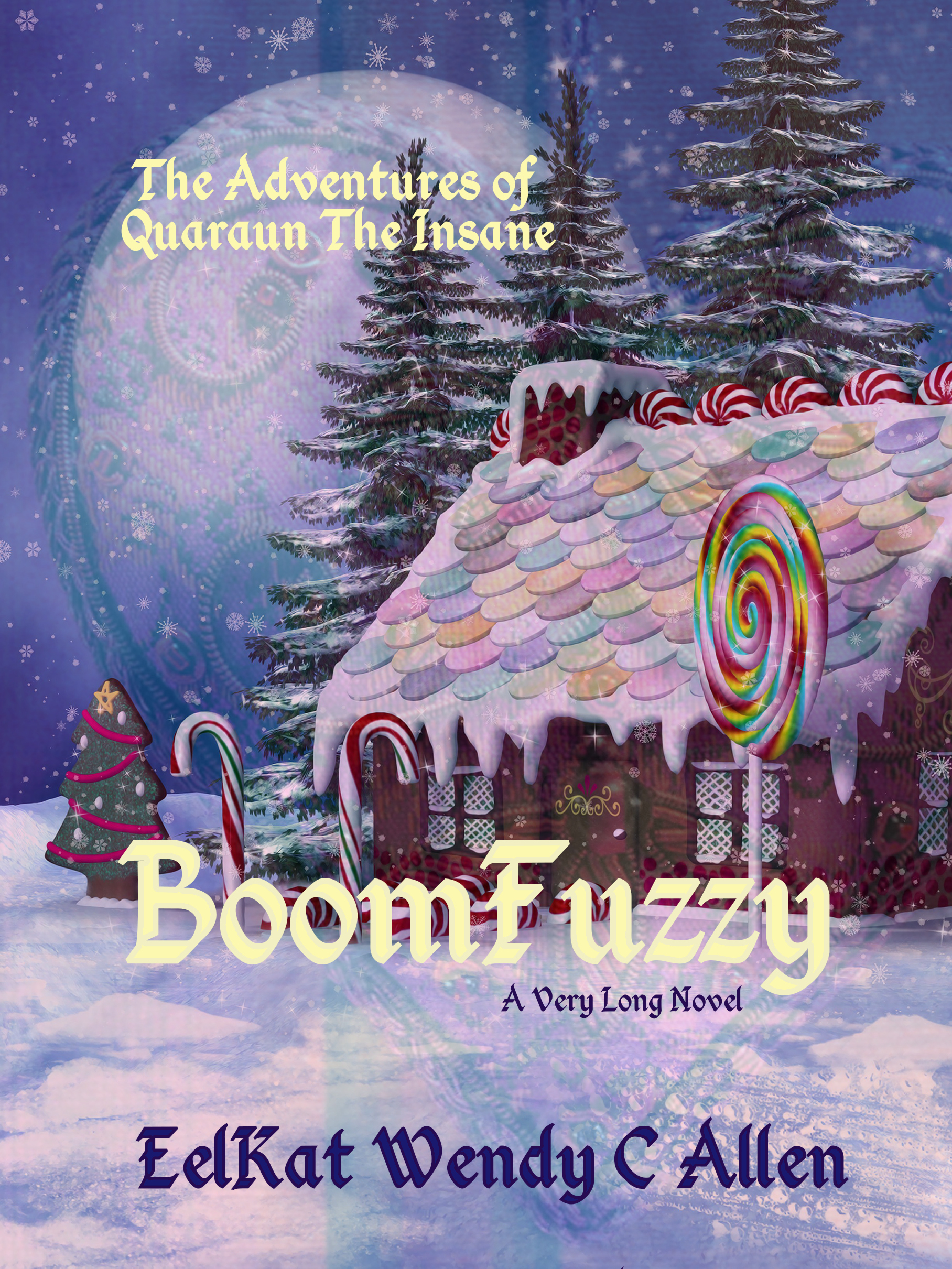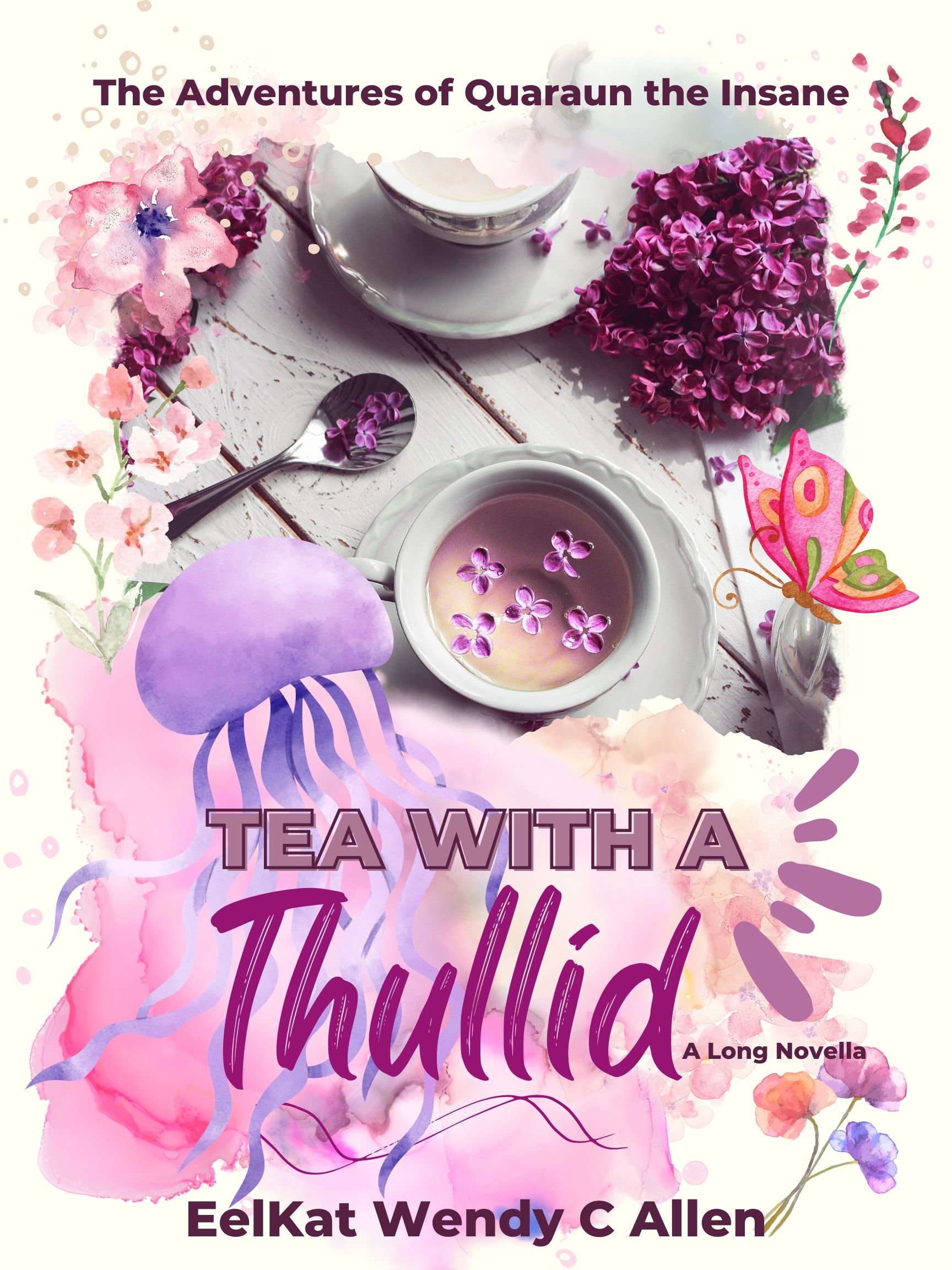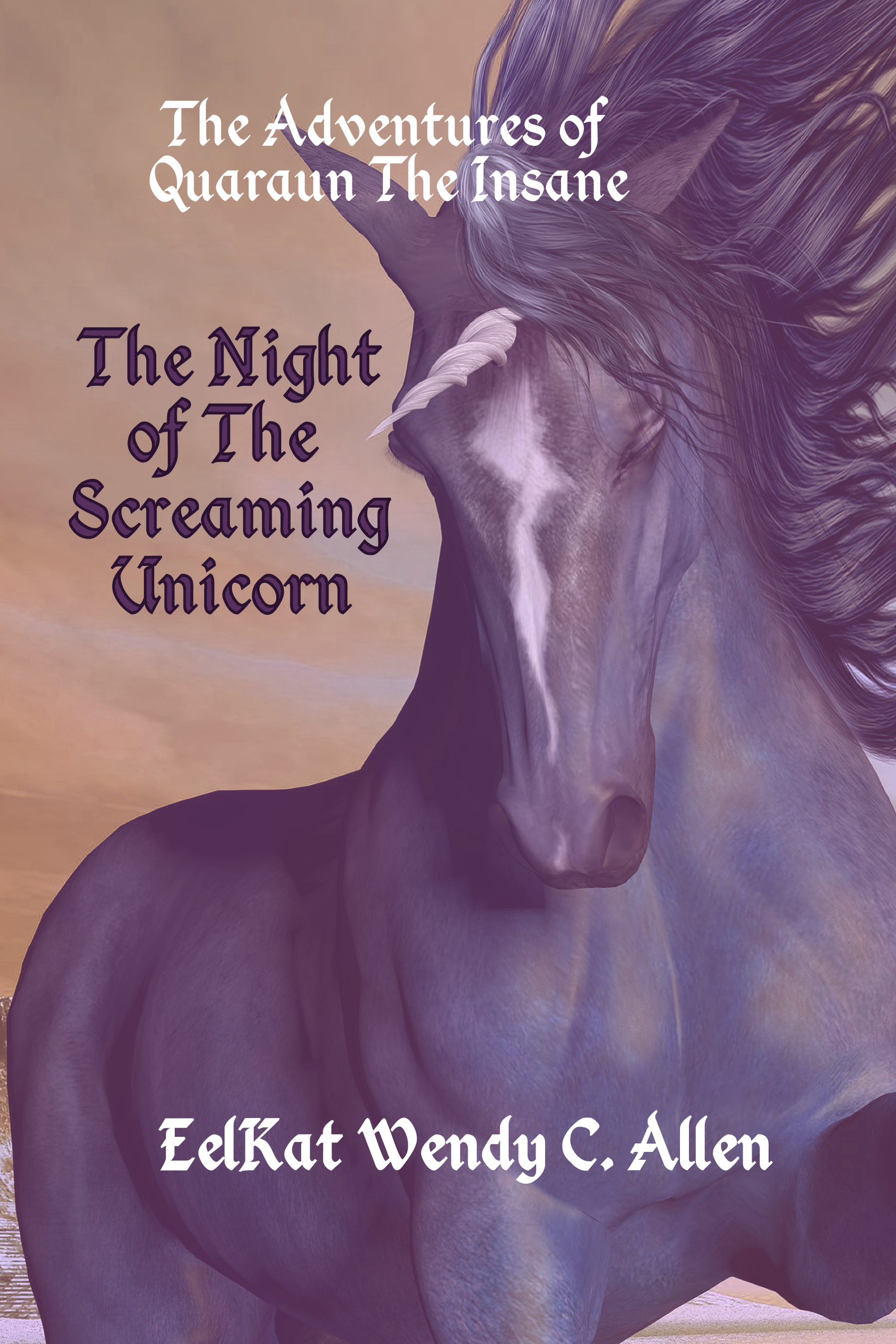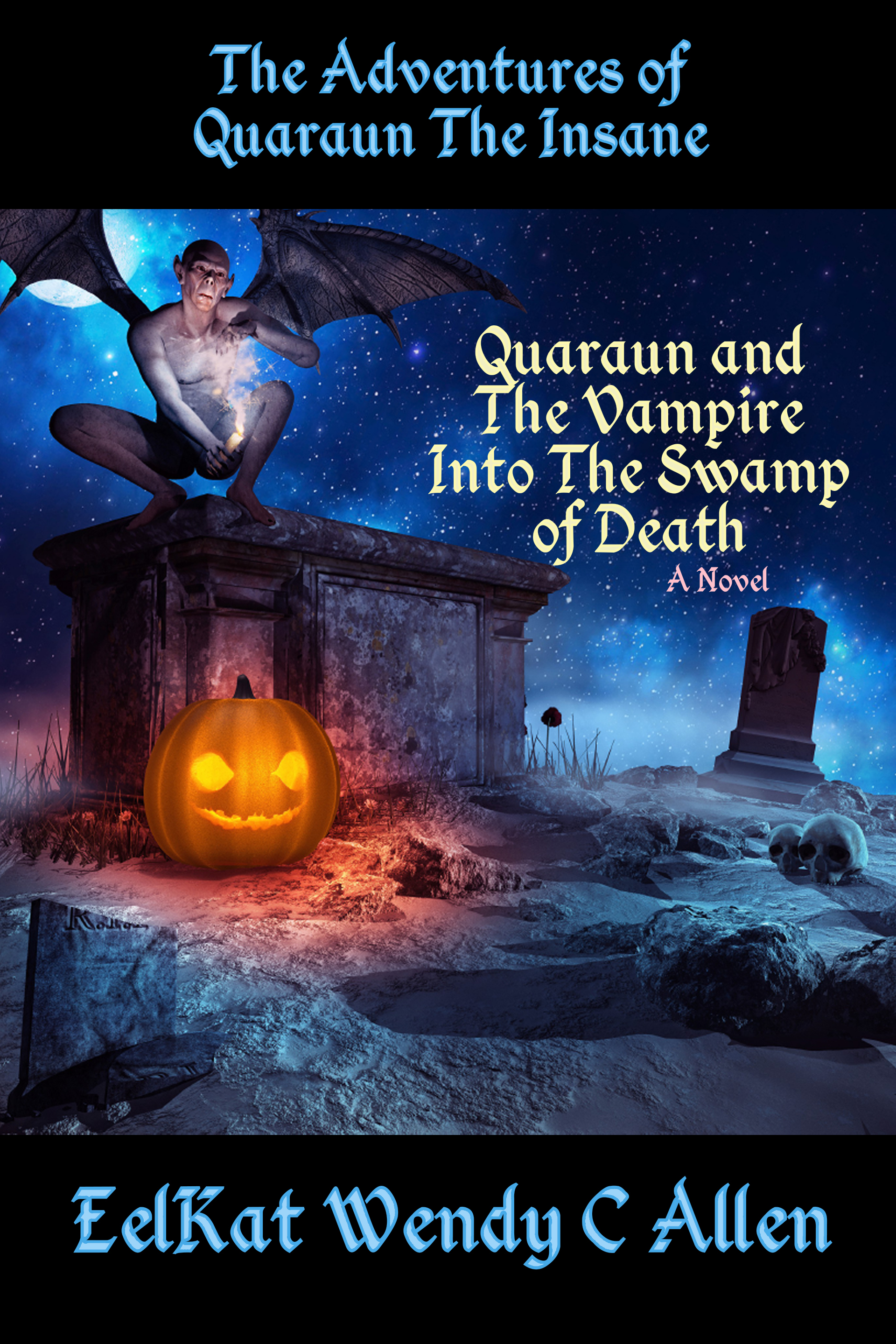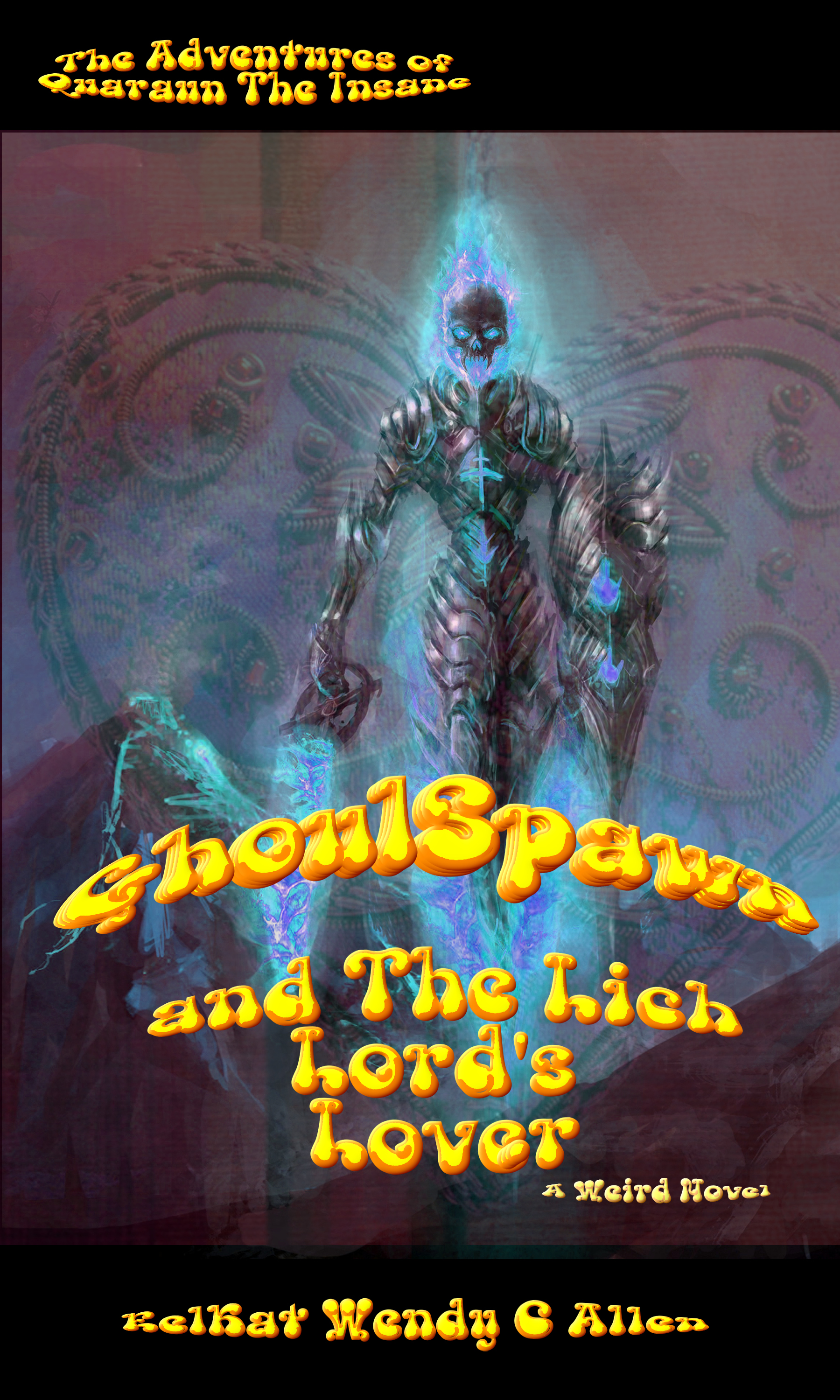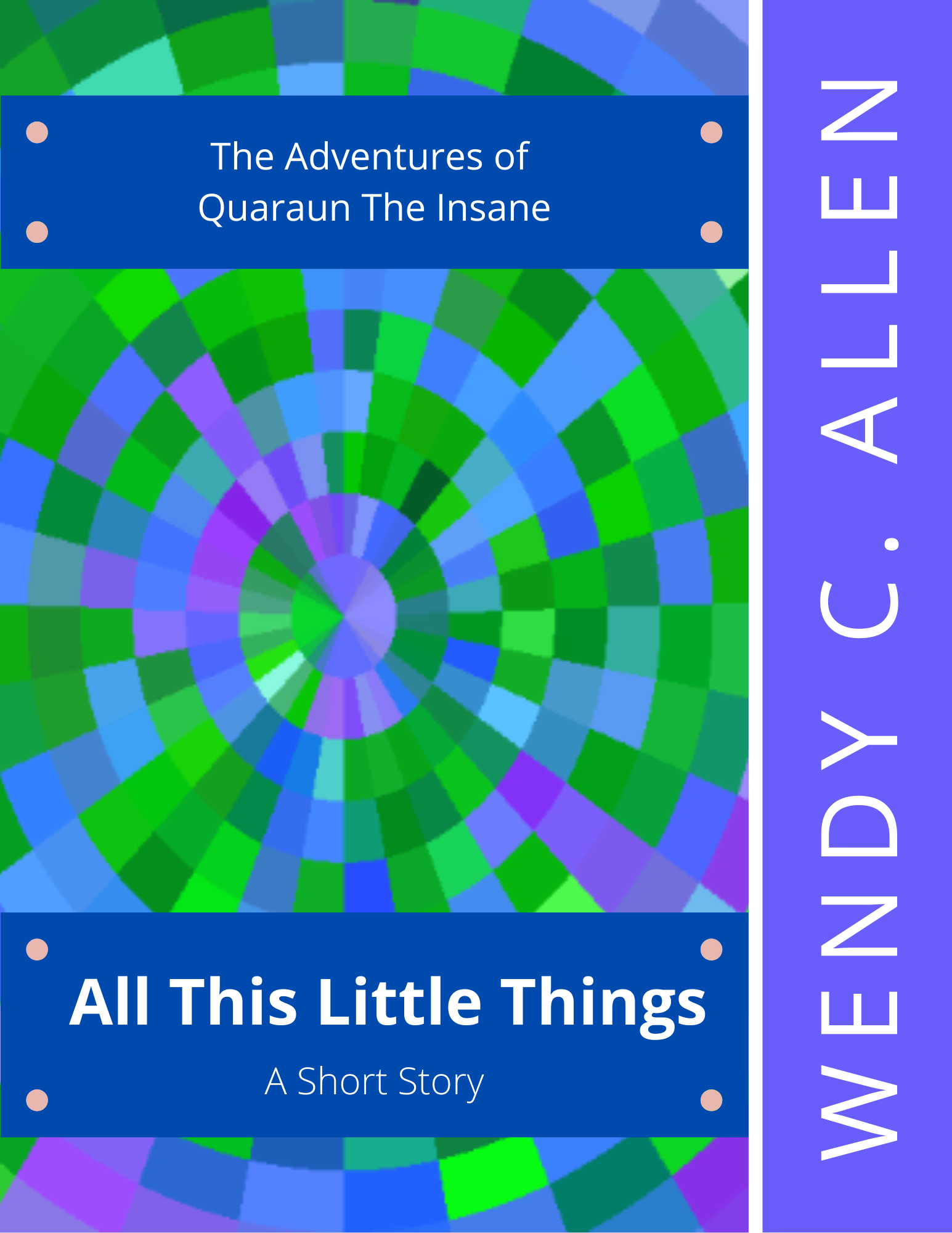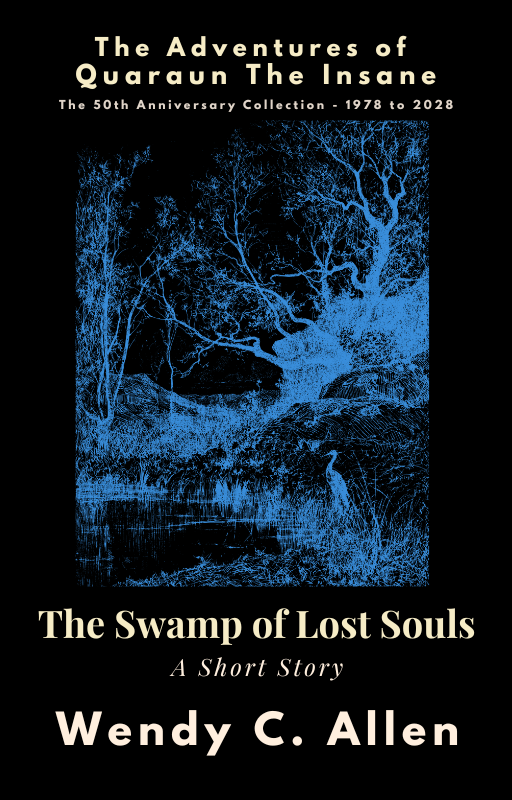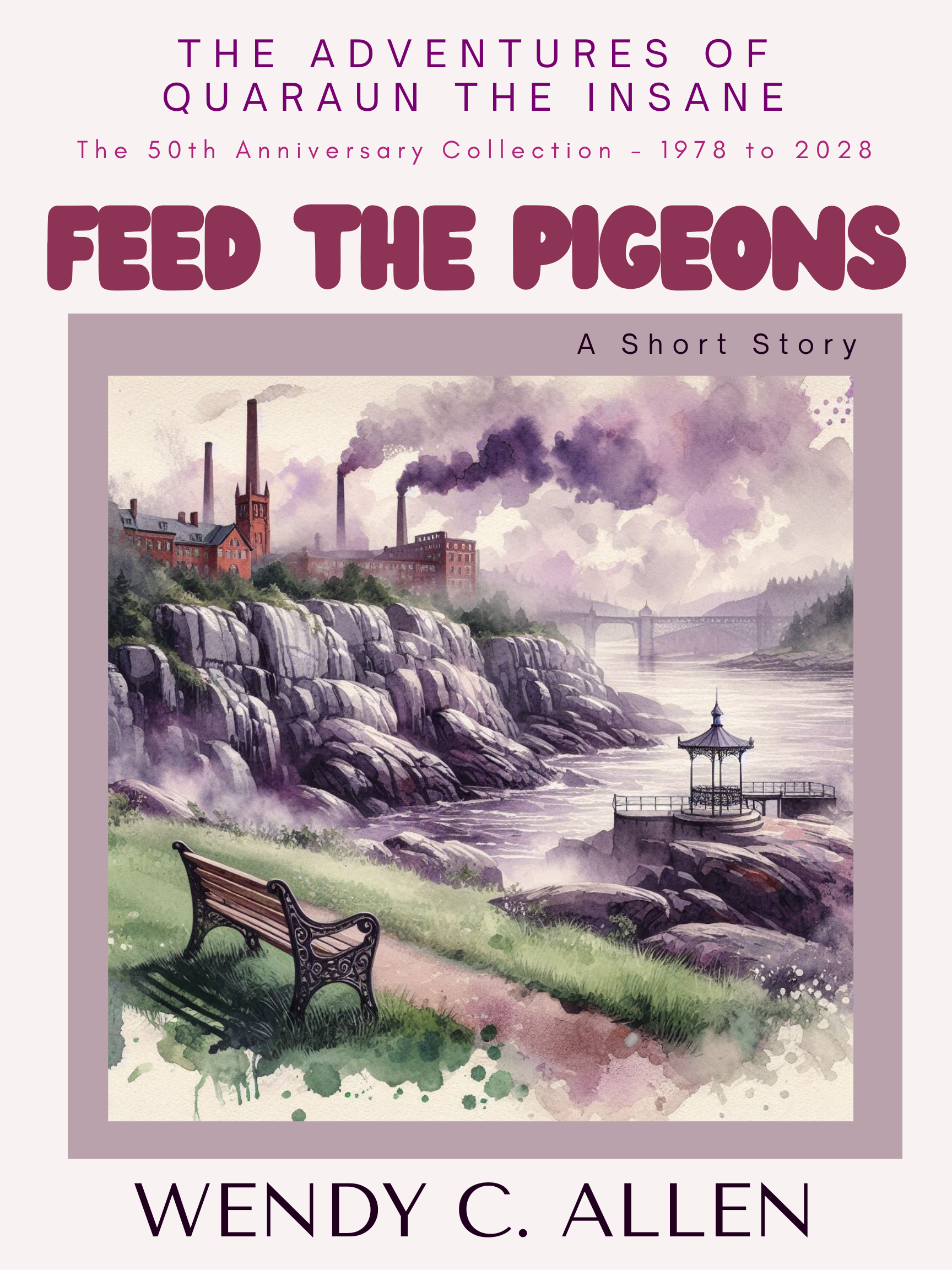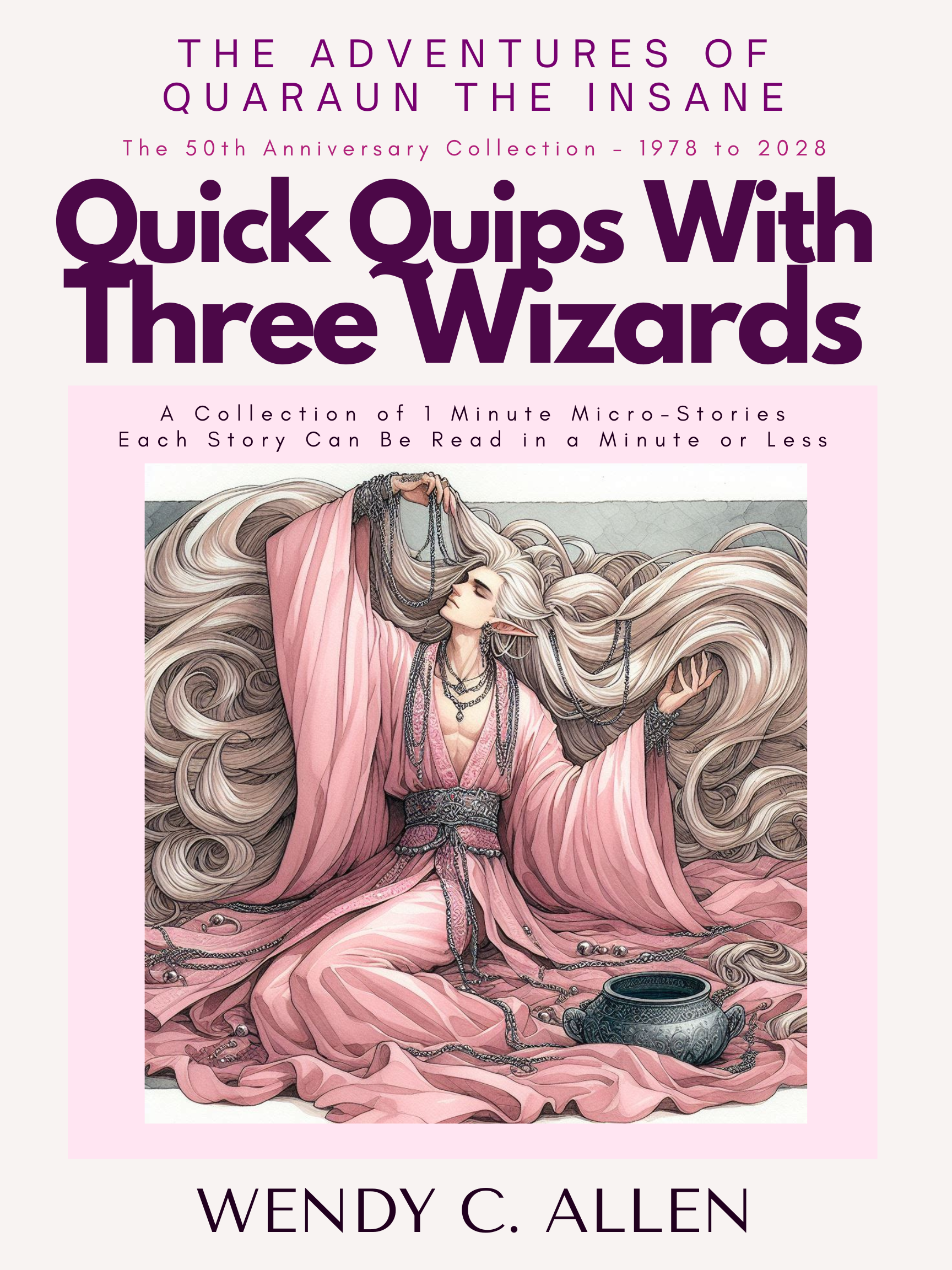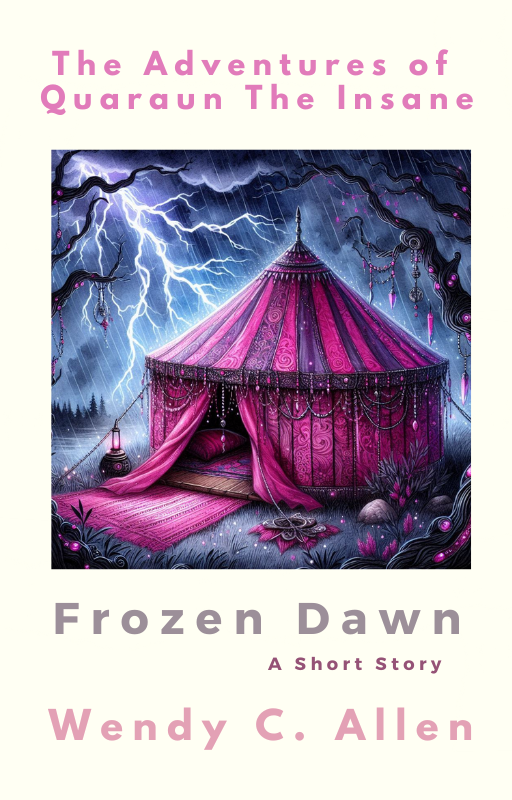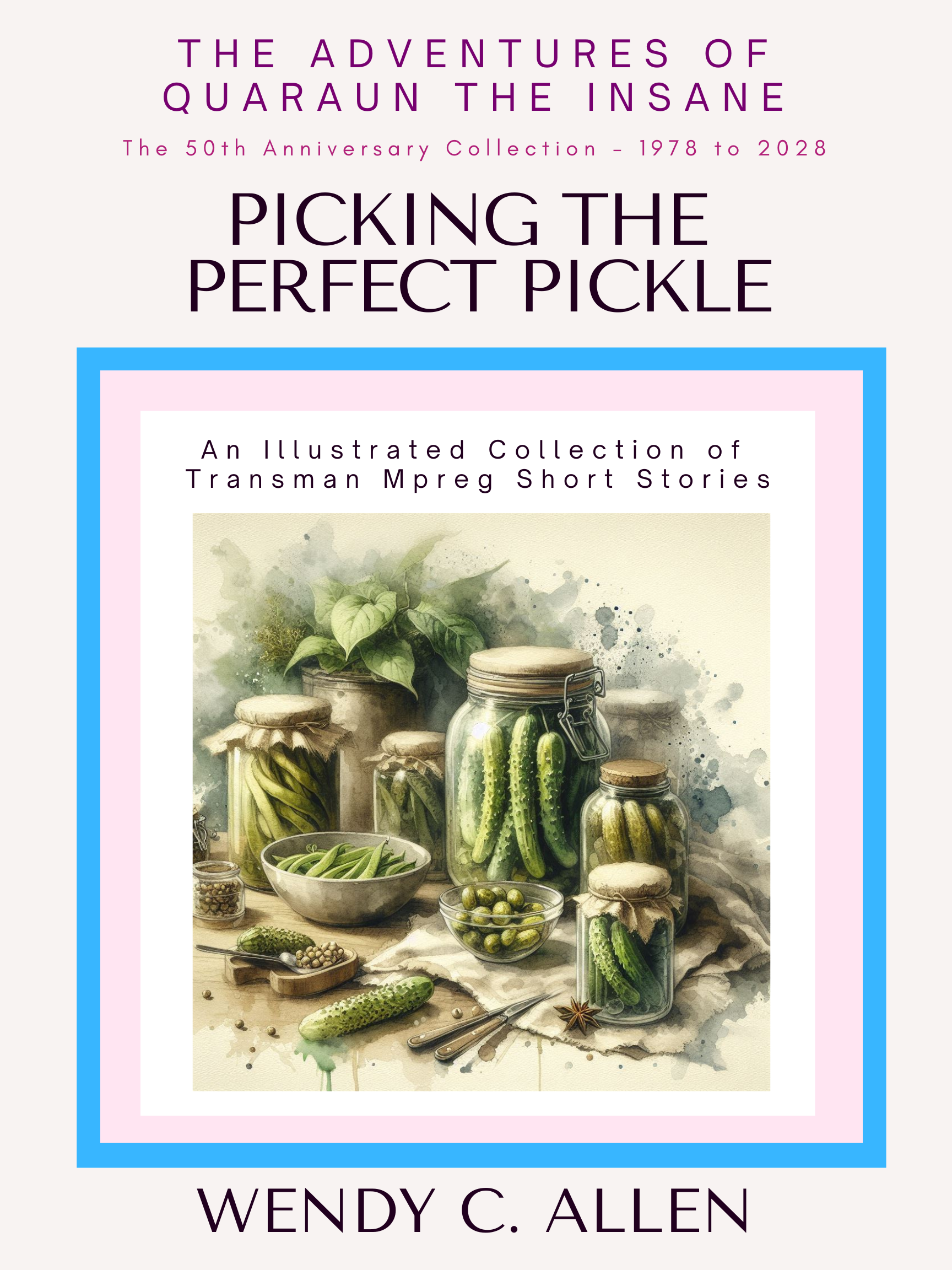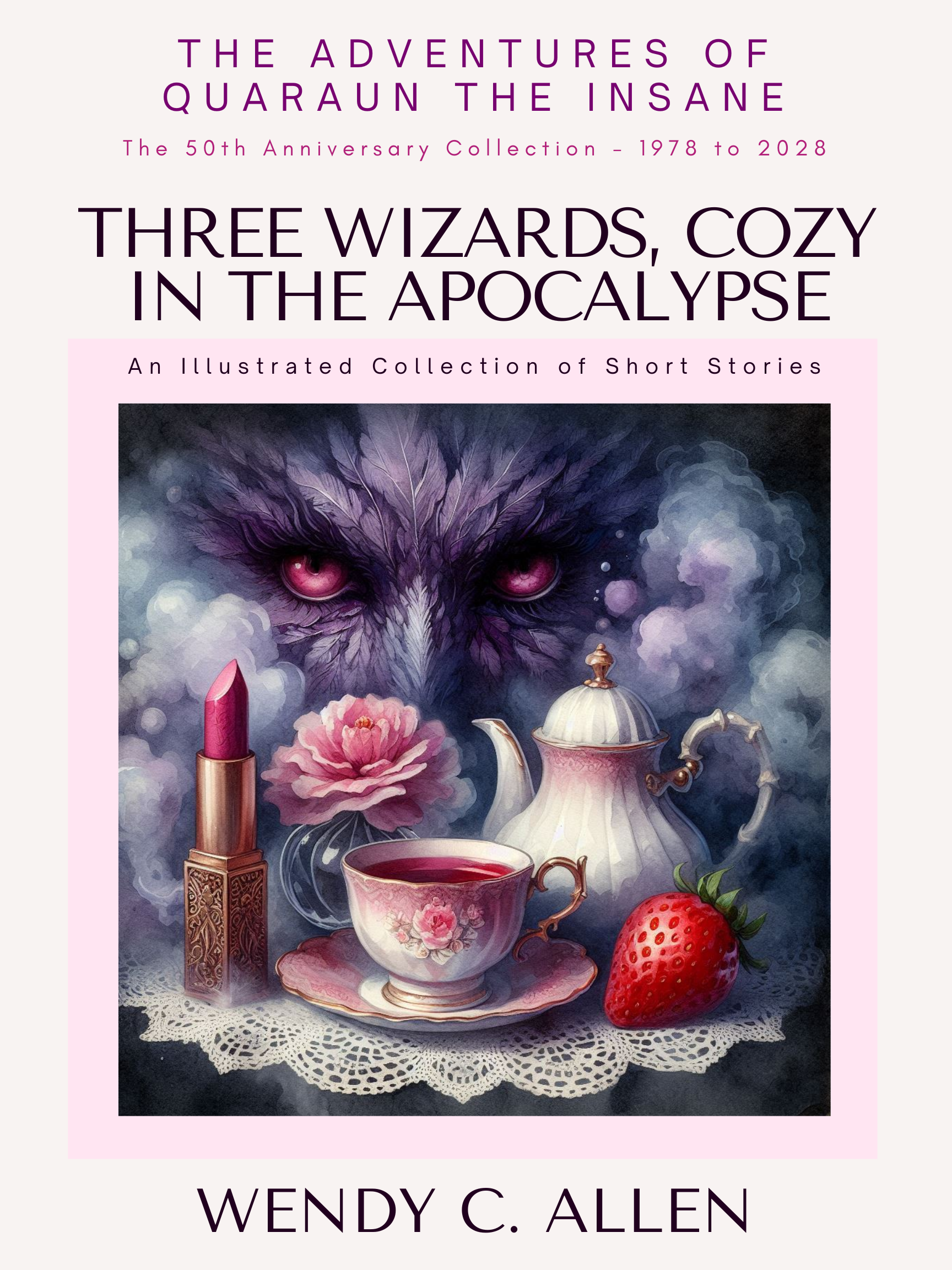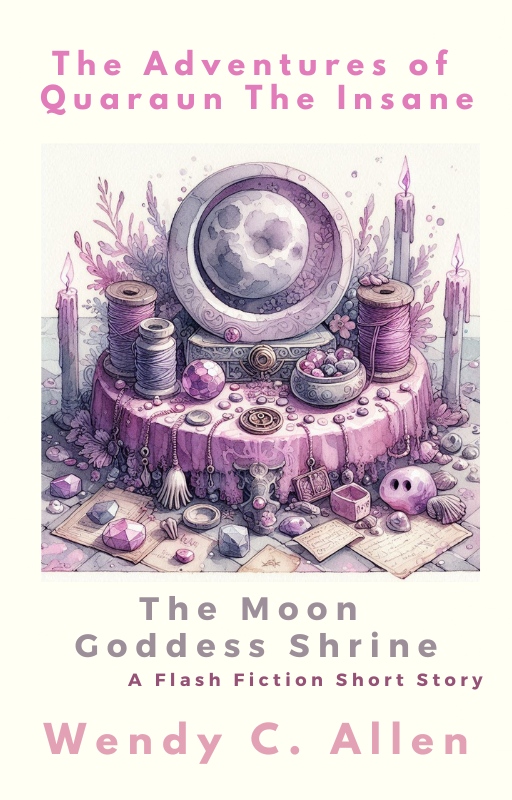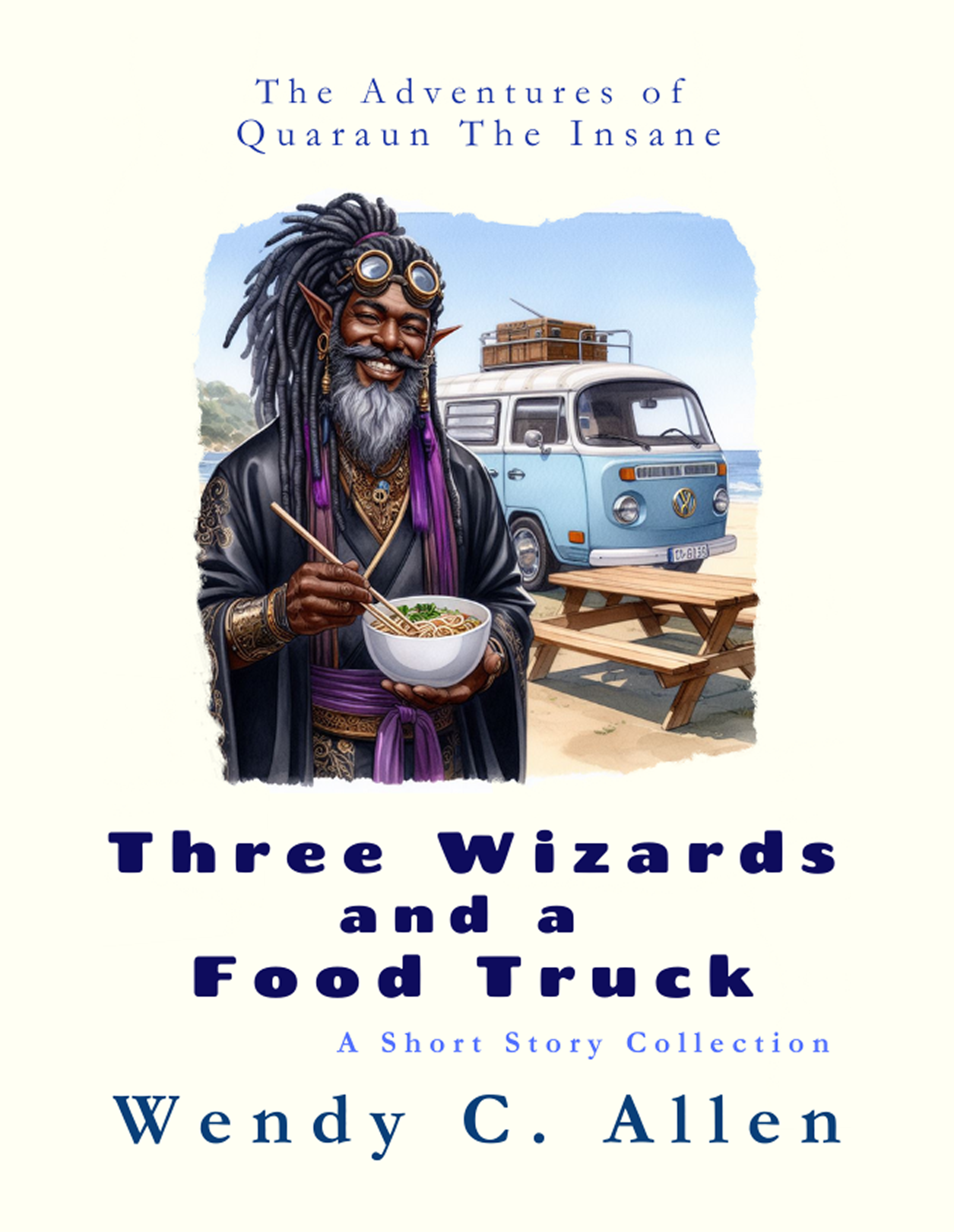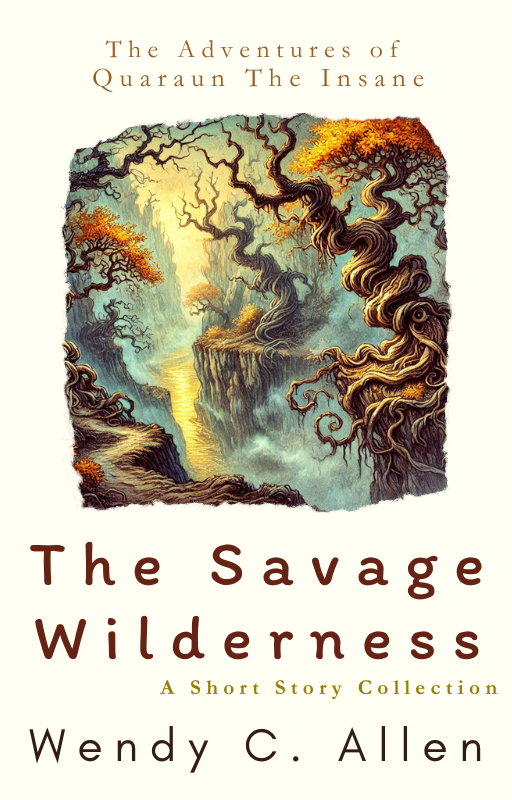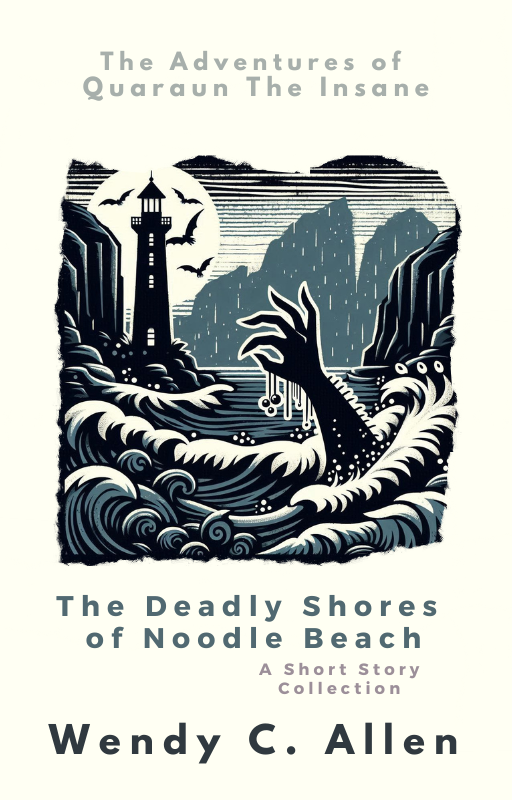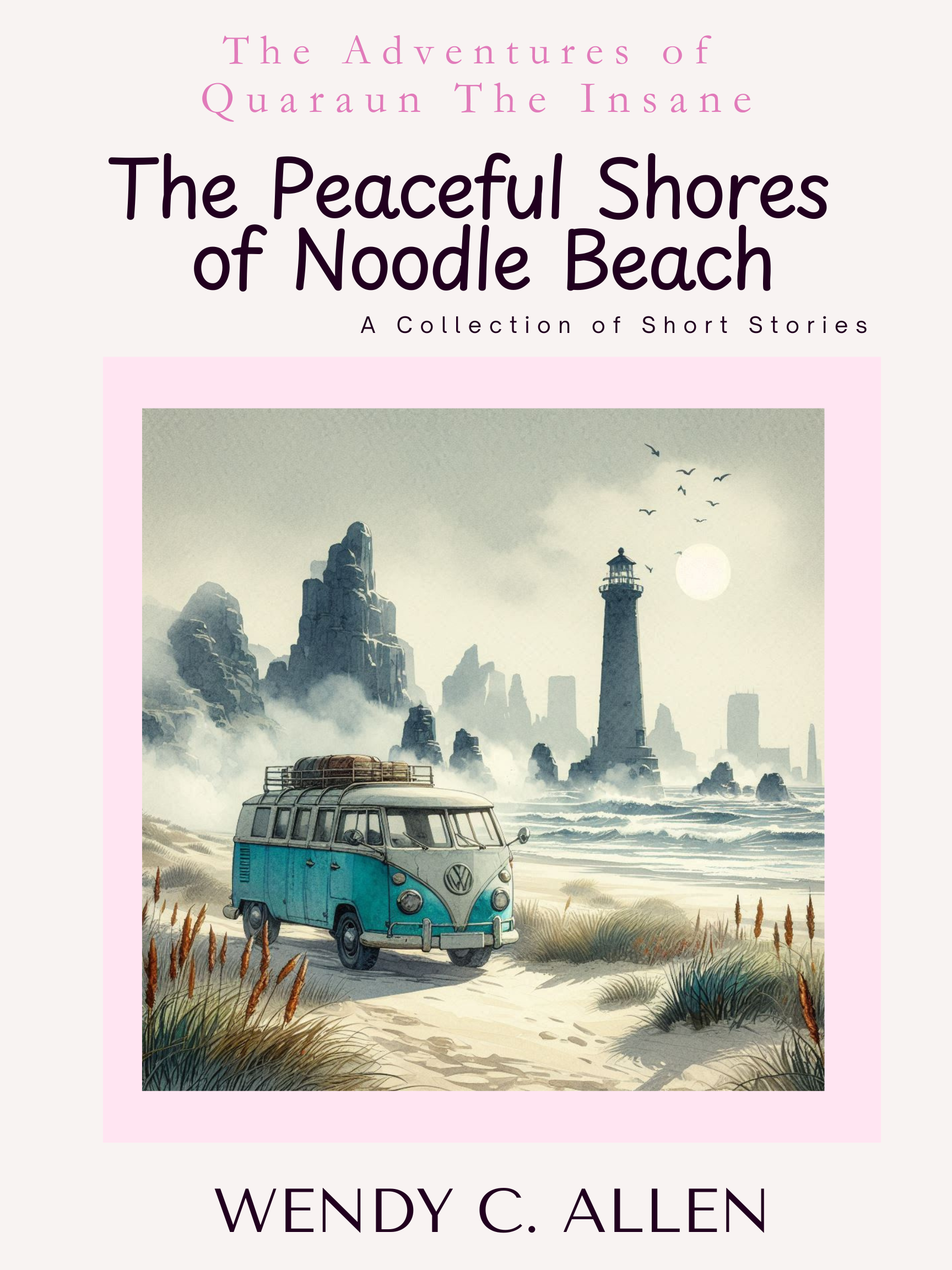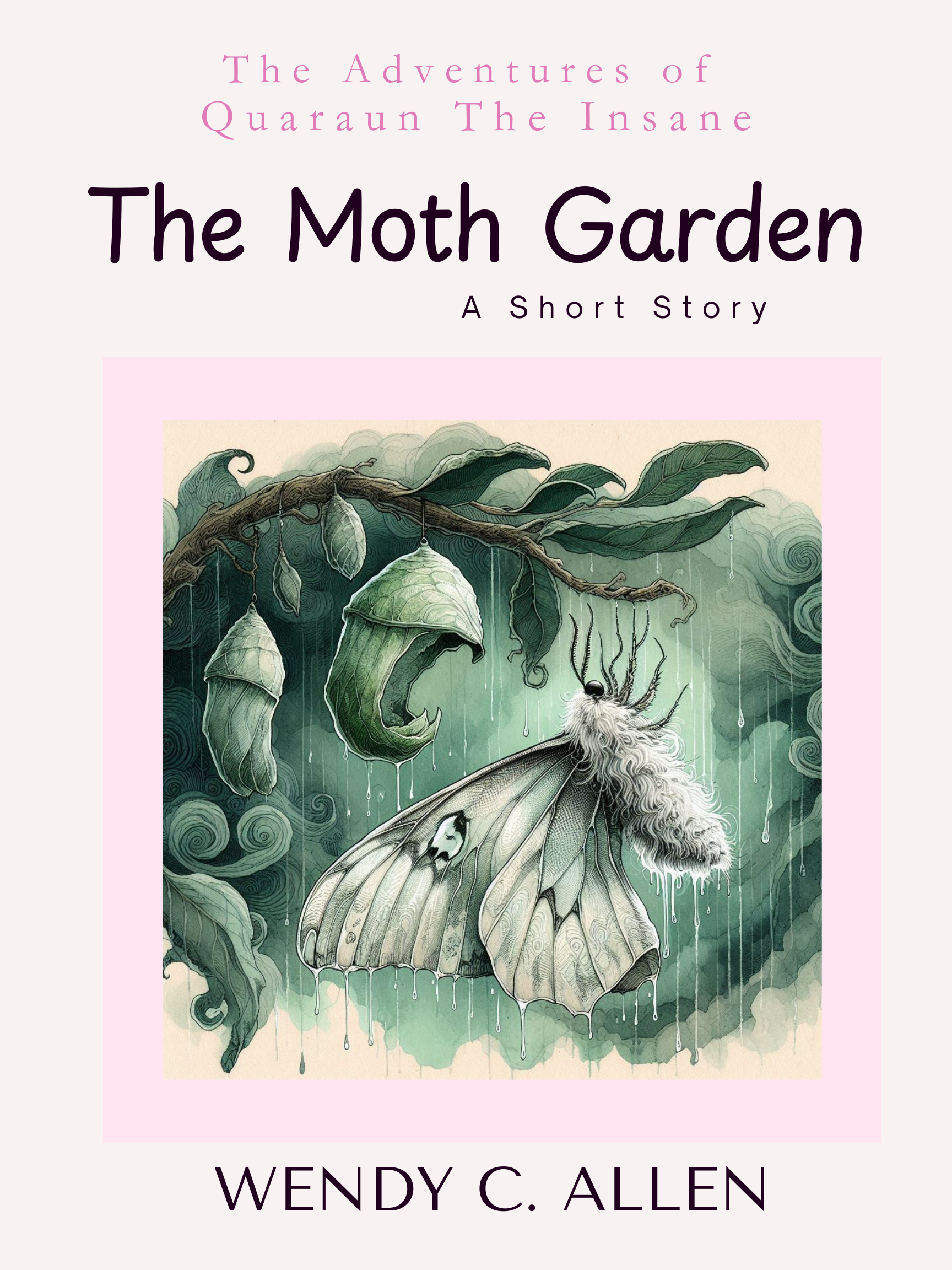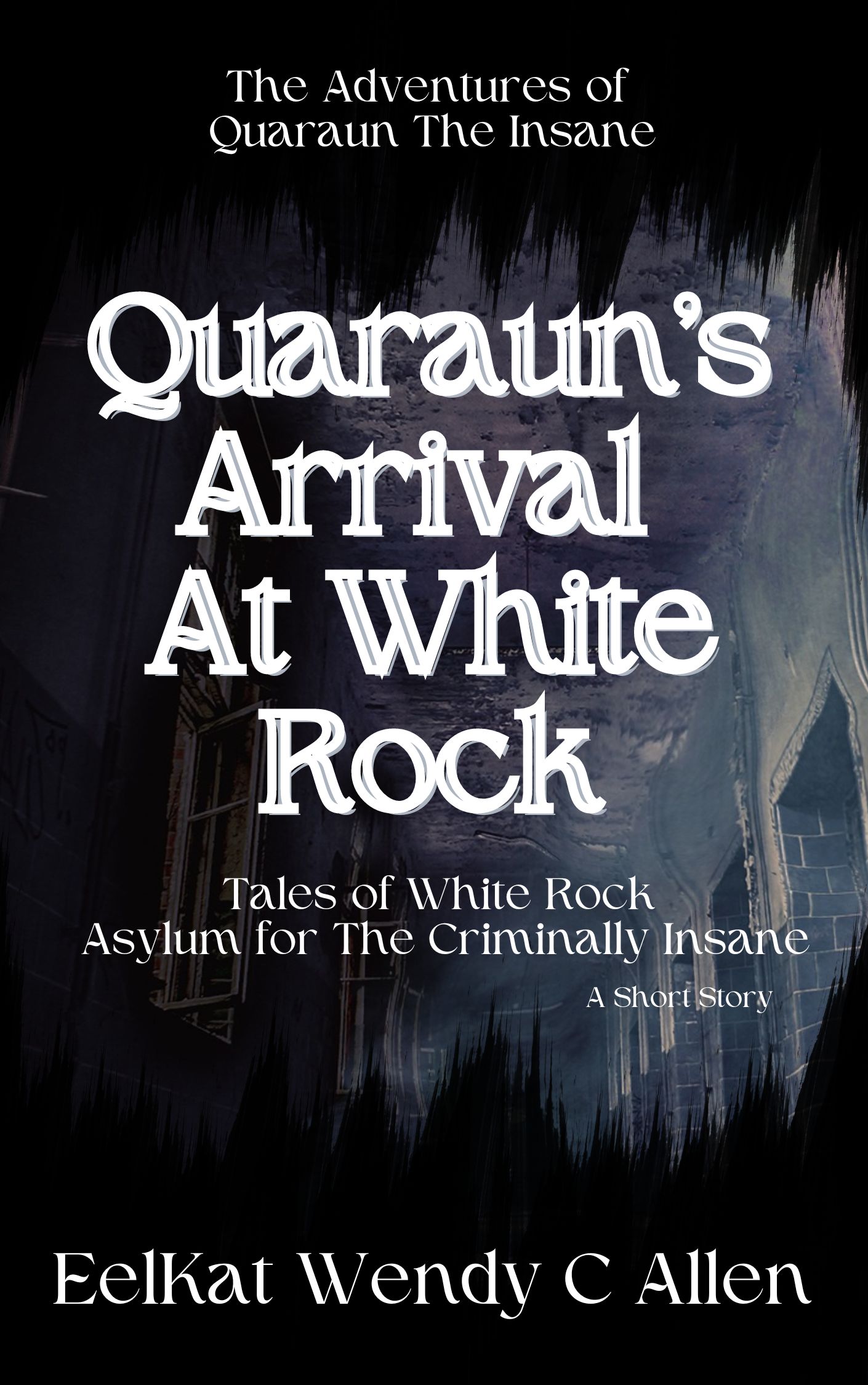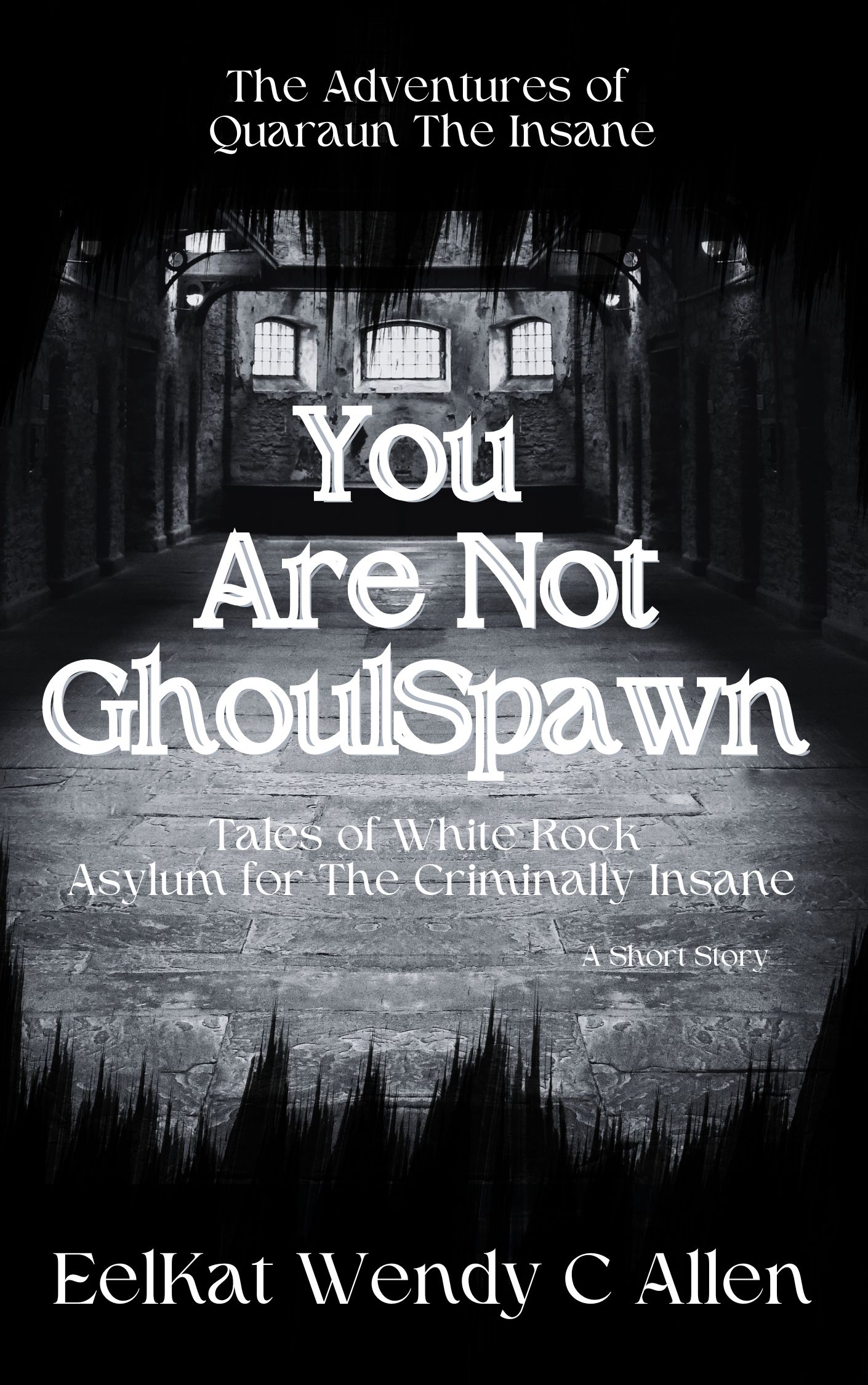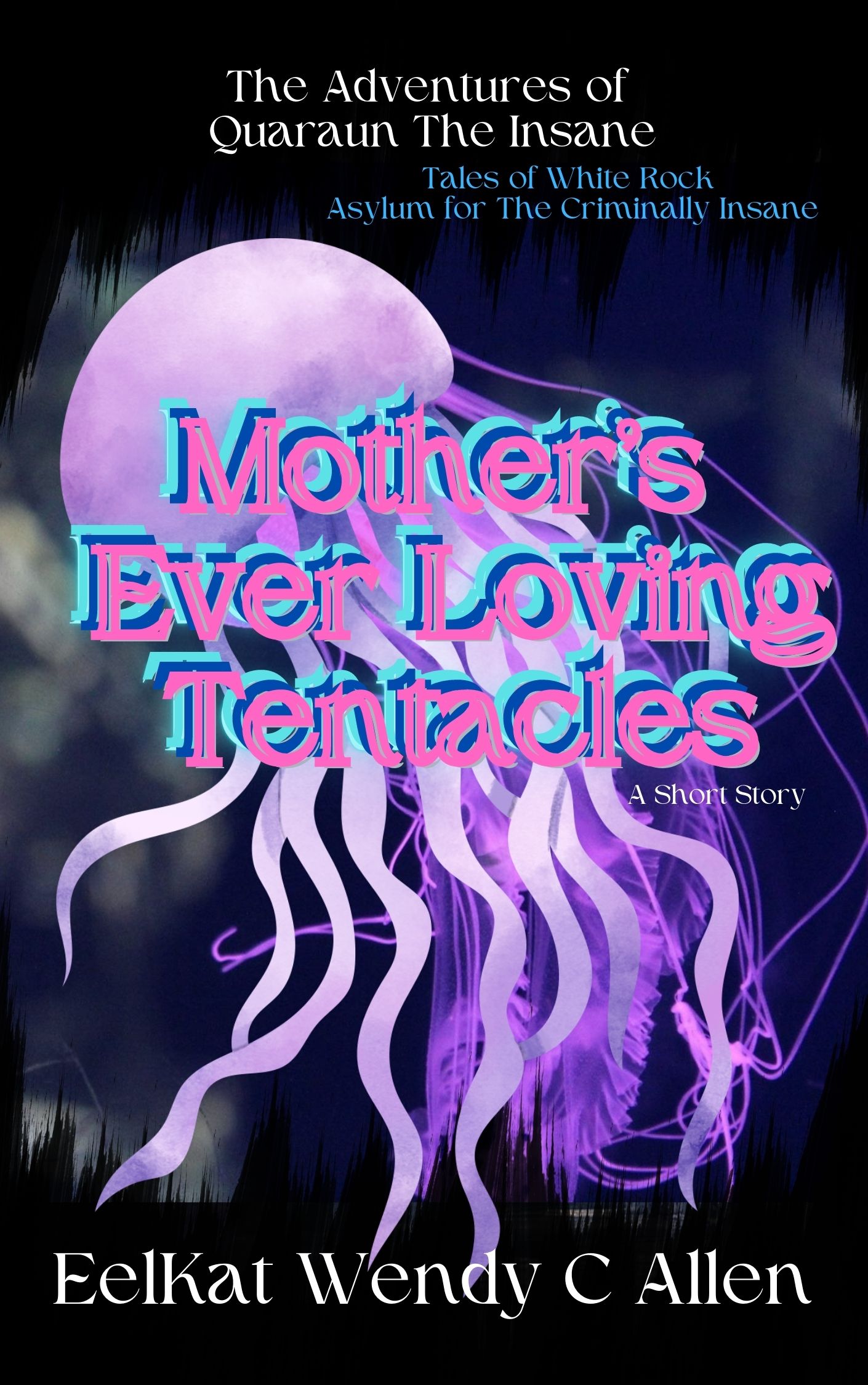Counting Down to the 2028 50th Anniversary of my first published book (September 23, 1978)
|
I am an author. I write Yaoi. This is my website. Yaoi means my main characters are gay lovers. If that bothers you, you're on the wrong website. Sorry.  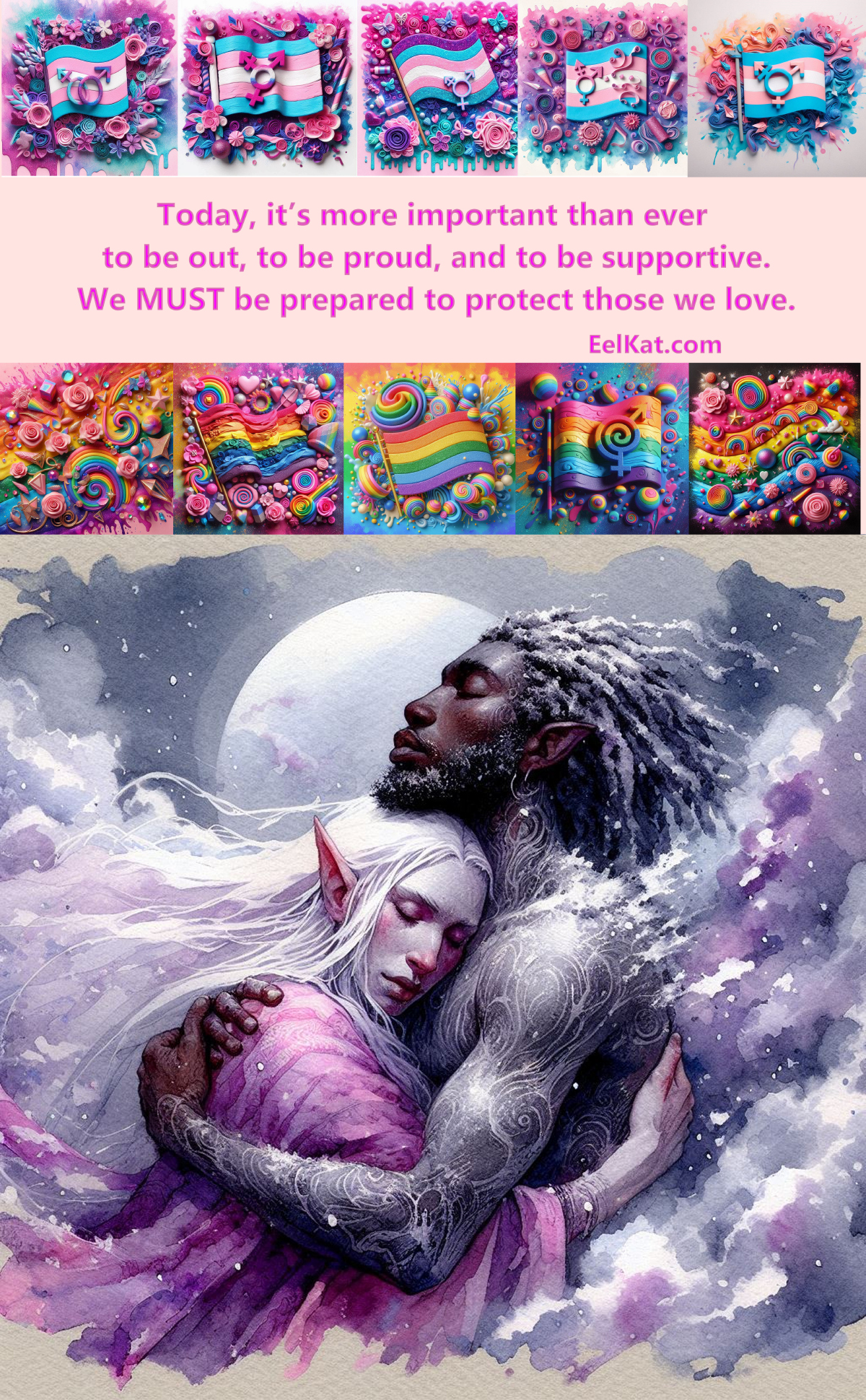 Transman Quaraun (The Pink Necromancer) and his husband King Gwallmaic (aka BoomFuzzy the Unicorn) King of The UnSeelie Court. Main characters of The Adventures of The Pink Necromancer series. Transman Quaraun (The Pink Necromancer) and his husband King Gwallmaic (aka BoomFuzzy the Unicorn) King of The UnSeelie Court. Main characters of The Adventures of The Pink Necromancer series.
|
This website is a safe zone for LGBTQAI+, pagans, polys, trans, neurodivergent, disabled, mobile aid user, minority, cosplayers, otherkin, furries, & BIOPIC communities.
If you are a hater, you can go fuck yourself.
Happy 2026!
It is our 30th anniversary here at Space Dock 13!
On the web since 1996!
You have encountered an extremely old website that continues to exist in old web ways, the same way it has done for now three decades.
In spite of being now 30 years old this year, started in 1996, it is still heavily active and old pages updated daily, new pages added daily, still now in 2026. All hand written, all hand coded (no AI), all by me, same as it ever was.
We Still Exist: The Old Web Did Not Go Away, You Just Forgot How To Find Us
|
This site was NOT designed for mobile devices (as they had not been invented yet when I created it) thus this site looks best on a computer, at 1280x768 or above. |
This is a very old website created in 1996, so, yes, javascript is needed for the site to work as it should. If things don't function, you may need to update javascript drivers on your device |
This site tries to be mobile friendly but it's been online since 1996, so old pages may not load right on mobile devices, and as this site has had pages added near daily for 30 years there are now over 20k pages here. |
Having started out in life as a GeoCities site, this site contains glitter, bright colours, blinkies, moving gifs, and other things the old web was known for. |
Ernest Hemingway Style of Writing Literary Fiction Used In Epic Fantasy Novels
Ernest Hemingway Style of Writing Literary Fiction Used In Epic Fantasy Novels
I am answering random questions today about world building, writing, over on Reddit and as I'm beta testing Reddit's new Embed feature (which should be available to everyone soon) I decided to take my answers from there and expand upon them even further over here. So that's what this page is. Me rambling on about various aspects of world building techniques I use when writing the Quaraun series. The questions I am answering are embedded here. Clicking the link in the embedded question will take you to the original Reddit page where you can see the original answer along with other people's answers. If you wish to comment, you can do so on the Reddit page where a place to do so is provided.
How long can you go in dialogue without mentioning a character’s name?
How long can you go in dialogue without mentioning a character’s name? from writing
How long can you go in dialogue without mentioning a character’s name?
I write in the "Ernest Hemingway style of writing"... meaning I have published novels that go on for 200+ pages of 100% dialogue with ZERO descriptions, ZERO names mentioned, and ZERO said-tags.
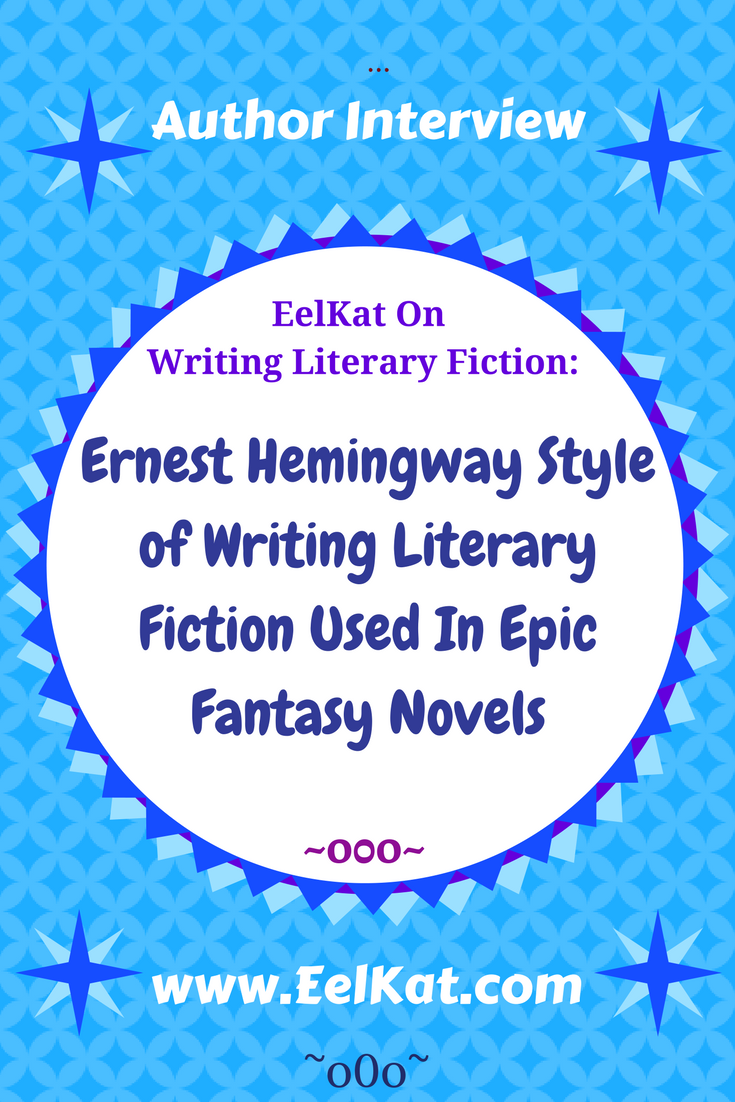
Many conversations within these novels are between 3 to 5 characters.
The trick to doing this is to have distinct personalities and voices for each character.
Few authors are able to do this, because most authors have all their characters speaking in the author's own voice and acting in the author's own personality. You have to learn to write characters who are vastly different from yourself in voice, actions, and personality in order to be able to pull off this method of writing.
This style typically only works in Slice of Life, Literary, and Drama, however, and is generally not recommended for genre fiction. So it depends on the genre you are writing and what style dialogue that genre's readers are used to reading as well.
As I write Slife of Life, this style dialogue works, because Slice of Life is not dependant on narrative, settings, descriptions, etc to move the story forward. Slice of Life is generally just one small group of characters, in one small space of time, dealing with one very focused situation, and the entire story takes place in a space of 10 to 15 minutes no matter how long the story is. Thus long dialogues with no descriptions or tags or names works.
But I think if you are writing a genre where the reader is needing to know a lot about the scene/setting and a lot of narrative was necessary, I think then, this style of dialogue might not work out as well, because every time the narrator says something, you then have to start dialogue anew and thus need to tell the reader who started the conversation all over again.
So I'd say, your genre and the amount of narrative needed for your plot, are both going to heavily influence how often you use names in dialogue.
In the end I don't think there is any real right or wrong way, I think just doing what works for your own story is always going to be the best way to go, because every story is different, so every story should be approached differently.
>>One rhetorical choice I have made was to not identify names of minor side characters even when they’re in the same room as the two main characters. I want the reader to infer that the two main characters are so self absorbed that all other characters blend together as if they are one.
>>As such, there could be eight people in a room, but it could read as there being only three, five, or six, since no one but the two main characters are identifiable. It walks a fine line to not being confusing.
Nice!
I've done this. Most of my stories are set in a tavern, so it'll be 2 characters talking to each other, but there will be a much of other people in the room, and I'll try to have it so the dialogue of the other people interrupts them and annoys them, but they are too into their own conversation to do anything about it, and the other characters in the room fade into white noise, all of them blending together.
Ernest Hemingway Style of Writing Literary Fiction Used In Epic Fantasy Novels
How to Make Travel Interesting? from fantasywriters
>How do you make travel interesting in your novel?
>Dealing with innkeepers and stopping to eat some food tends to be boring to read.
Uhm... WHY?
Why do you find this sort of thing boring?
I actually had a reader email once... they were reading VOLUME 5 of the series....
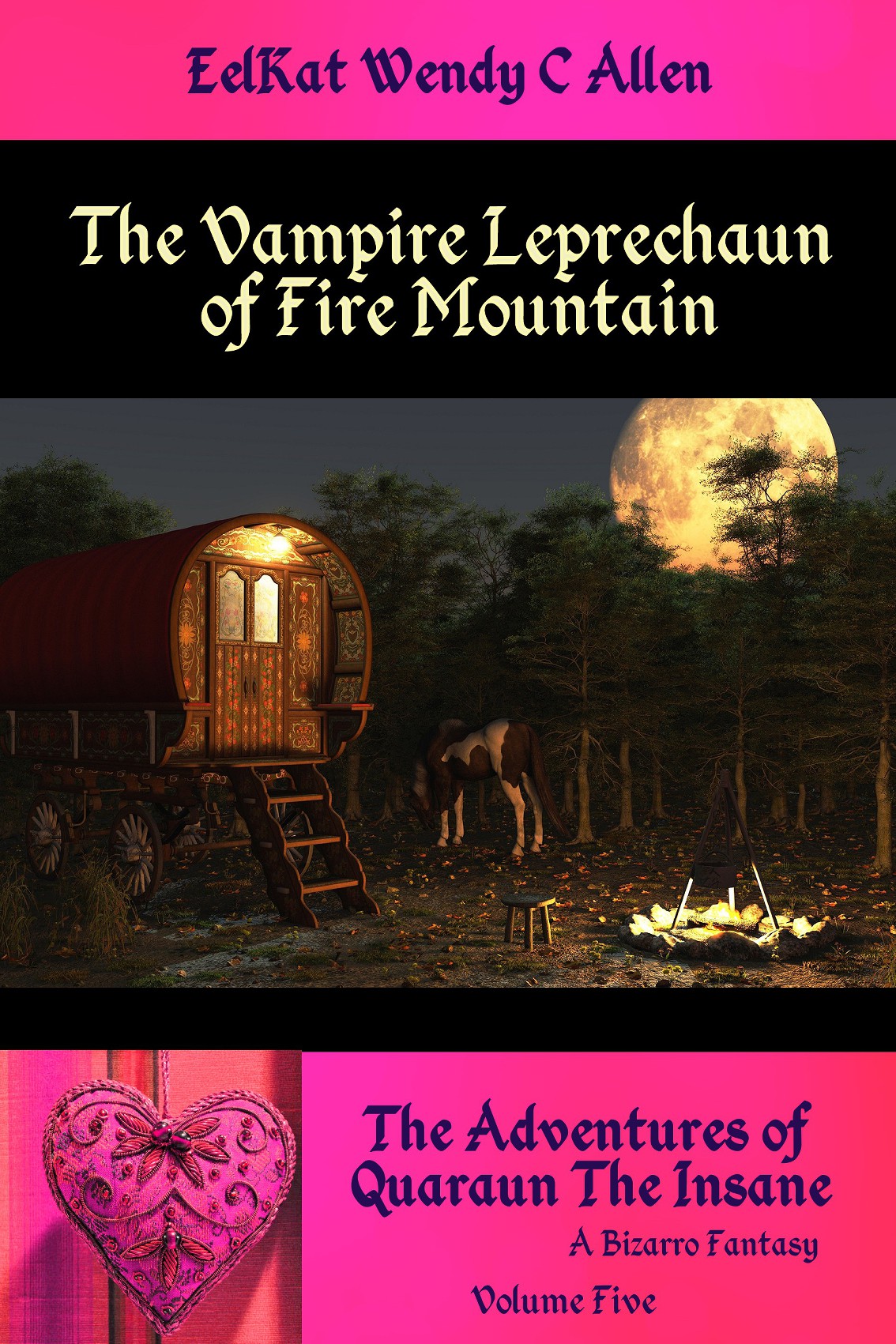
they emailed me to ask...
"I'm half way into the story... when does something start to happen? All they've done so far is travel, and stop to eat, and stay up all night talking around their campfire. Are they every going to do anything?"
I'm thinking... Each novel is 300 pages of a vagabond wizard doing nothing but sitting in a tavern...you read 5 volumes of the Quaraun series and you are just now realizing that the ONLY thing he does it go from one tavern to the next getting drunk, arguing with chefs, having sex with whoever is in the tavern, then walking to the next tavern to do the same thing all over again? It took reading 15,000 pages for you to realize NOTHING ever happens.... EVER?"
LOL!
I actually get bored out of my mind reading fight scenes and action scenes. I just can't stand them at all. So I don't write them.
I read tons of literary slice of life fiction and I spend my time thinking: "Why does no one write this genre set in a Fantasy world with Elves and wizards? I want to read the literary slive of life story about an Elf wizard. I don't want to see him in fight scenes, I want to know what happens after the fight is over and he's tending to his wounds in a tavern. What does he say? Who does he talk to? What does he do between the fights?
I searched high and low for a series like that. I couldn't find one. So I said - heck with it, if I can't find the thing I want to read, I'll just have to write it instead.
Sure, it's not a big selling series, because most people want to action and fighting and stuff, but it does have it's fans, because like me there are people out there who asked: "What do they do between the action? What is their every day mundane life like?"
It's like The Little House on the Prairie series... you know, just every day life drama. You see him going about his day, haggling with merchants, arguing with lovers, complaining about burnt food, making his potions, planting flowers, harvesting crops, taking drugs, getting drunk, having sex, dealing with every day life situations.... it's what the Little House books would be if Laura Ingalls was a male Elf wizard in the 1400s.
And besides...
>How do you keep that fresh?
have you ever researched REAL inns and innkeepers of the actual Medieval times? It's fascinating. Not at all like how it's portrayed in Fantasy novels. Not at all!
Did you know that most inns kept their goats and chickens inside and walking in goat piss and chicken poop was what you just had to do?
Did you know, that inns only had 3 bedrooms? 1 large one where ALL the guests (strangers to each other) (men and women alike) slept together in one great big pile on the floor? 1 bedroom where the innkeeper's family slept. And 1 bedroom reserved for important guests like the pope or the tax man or some wealthy aristocratic.
Did you know that in Medieval times, fireplaces, chimneys, and indoor ovens had not yet been invented and that inns did not have kitchens, but rather sent a boy out to the local baker to order food every day, and that the baker cooked the food in massive sized fire-pit kilns? How many Fantasy novels do you see with someone cooking away in the kitchen - you know that thing that would not be invented for another 500 years yet? How many Fantasy novels show a fireplace in the inn... you know that thing invented by Benjamin Franklin in the 1700s in America?
Or... here's one.... how many Fantasy novels, allow the women to sleep indoors? How many Fantasy novels do what REAL Medieval men did, and put a cage over their wife's head, and chain her out in the stable with the rest of the livestock? No, Fantasy novels she women being treated like Human beings and often owning said inns... no real Medieval women had the right to open her mouth and speak in public, let allow own an inn. Wives and daughters were bought and sold at livestalk auctions in the marketplace.... how many Fantasy novels feature THAT real Medieval fact?
How many authors of Medieval fantasy know that the top selling book in the 1400s was a pamphlet called: "On Raising Cows, Pigs, Wives, Daughters, and Other Livestock"?
That's why I keep saying over and over again: "I wish authors of Medieval Fantasy would actually do some research and actually set their novel in the Medieval world."
No.... my feelings is that the every day life of the REAL Medieval people is the most fascinating thing you could write about of all, because their culture was just so alien to every thing we today think of as normal. In my mind, far too many Fantasy novels are written with today's culture just dressed in Medieval clothes.
But that's why I LIKE reading and writing about the "in between stuff"... the stuff that happens at the inns and taverns, because that's the most fascinating stuff of all... if you take your time to do your research and find out what that aspect of life was actually like in our real Medieval world.
>Do you just cut the journey and jump from place to place with a quick summary paragraph?
300 pages per novel.
A series with 130 novels.
Multiple millions of words.
A series I started writing in 1978. And still write 40 years later.
And it's ALL set in taverns, inns, houses, bedrooms, etc.

Not one action scene.
Not one fight scene.
Lot's of little petty bickering between characters, sitting around a tavern table and getting drunk out of their minds, and not much else.
Oh no... it's faaaaar from jumping past the inns with a quick paragraphs.
Far from it.
My stories are extremely character driven and have little to no plot at all with not one shred of action anywhere.
It's just characters arguing with characters, and all sorts of emotions and feelings flying all over the page.
>What if the majority of the story IS the journey, how do you keep it interesting then?
The series is almost completely straight up dialogue with only 4 or 5 paragraphs of narrative/description/setting per volume.
Have you ever read Slice of Life Literary Fiction? Ernest Hemingway's "Hills Like White Elephants" is the most famous story of this genre. Read that. It has 3 characters, no descriptions, no narrative, all dialogue, and no dialogue/name tags. The entire story takes place in a bar and is two characters arguing, interrupted by a waiter bringing them more drinks. Nothing else ever happens. You are never even told why they are arguing or what they are arguing about.
That's the way the Quaraun series is written. Usually 3 characters per volume, no descriptions, no narrative, all dialogue, no dialogue tags. The entire story takes place in a tavern and is two wizards 1 an Elf the other a Faerie, arguing, interrupted by a waiter bringing them more drinks. Nothing else ever happens. You are never even told why they are arguing or what they are arguing about. 300 pages per volume, 130 volumes in the series - so far - I'm still writing it and adding more all the time.

It can be done. Writing your entire series "on the road", never showing the battles, never showing the enemy, only showing the breaks/stops at the taverns along the way. I know it can be done, because I'm doing it.
I think the trick to doing it, is the fact that the characters always have a conversation going, and like real conversations the sentences are all short, usually less then 7 words, each character constantly interrupting the other, no character ever able to get to an end of a sentence, and the pure stream of consciousness means the topic changes nearly every page... exactly the same way real conversation you have every day does.
In the end you know everything that happened to them, you know the battles, you know the fights, but rather then being there, you get inside the character's head and you know all the emotions and feeling he felt about them, what upset him, what he wants to try to avoid next time.... you don't see the quick mindless hack and slash of battle, instead you see the deep thought regrets of the aftermath, which really pulls you into the character's soul and you find out who he really is inside.
Sure, that writing style is not for everyone. And most readers do like the hack and slash of the battles, but, there are readers who want the ore laid back between time stories as well.
I think in the end the best thing to do is write the story YOU WANT TO READ.
If you don't want to read the inn scenes, then there's no reason you need to write them.
End your scene by saying:
"A few hours later they found a lonely inn where they had a meal and spent the night. The next morning it was back on the road. By noon time they had reached their destination..."
Two sentences tells the reader they spent the night at an inn and moved on without stopping the flow of your story. There's nothing wrong with doing that at all.
Do what fits the story you are writing. Nothing wrong with leaving out or skipping any part that you think feels wrong or boring or otherwise does not fit the type of story you want to tell. Remember, it's your story, tell it your way. Don't feel you have to include something just because other authors put it in theirs. Just because a thing was right for their story, doesn't mean it's right for yours. Just do what's best for your story and you'll be fine.
More Information on
Writing In The Ernest Hemingway Style:
Want to read Ernest Hemingway's
"Hills Like White Elephants?"
Here it is...
Hills Like White Elephants Complete Story by Jeffrey Sherman on Scribd
On Writing The Quaraun Series
World-Building In Bizzaro Dark High Fantasy Yaoi
Weird-Building In Bizzaro Dark High Fantasy Yaoi
Building A Magic System In Bizzaro Dark High Fantasy Yaoi
- Wizards vs Witches vs Sorcerers: How are they different?
- Magic Systems and How to Build Them
- Necromancy: How will resurrection affect society as a whole?
- Spell-casting Side Effects of Magic
- Necromancy FAQ - A Real Necromancer Compares Fantasy Necromancy With The Reality
- Colour Magic - Gypsy Style
- Beware of White Men In Gypsy Clothing: Fake Psychic Scams
- Child Sacrifice in Fantasy Novels
Plotting & Writing Bizzaro Dark High Fantasy Yaoi
- Ernest Hemingway Style of Writing Literary Fiction Used In Epic Fantasy Novels
- Do you write a novel start-to-finish?
- Ideas, Ideas, Ideas (Where Do You Get Them?)
- Should I plan for ending or just keep writing?
- NaNoWriMo Overachievers: How did you do it?
- How Long is 50,000 Words?
- Why Write 50,000 Words In 30 Days?
- How long does it take to hit 1667 words?
- Average Typing Speed
Character Creation In Bizzaro Dark High Fantasy Yaoi
Writing Sex In Bizzaro Dark High Fantasy Yaoi
Disabled Characters In Bizzaro Dark High Fantasy Yaoi
Drug Use In Bizzaro Dark High Fantasy Yaoi
Horror In Bizzaro Dark High Fantasy Yaoi
This page was written by Wendy Christine Allen of 146 Portland Ave, Old Orchard Beach, Maine.
All Rights Reserved.
While there are around 20k pages on this website, most of them are blocked from search engines, with only around 800 of them available for appearing in Google/Bing/etc search results. The remainder can only be accessed via the various links found throughout this site. This was done deliberately on my part, and I did it because the bulk of the pages on this website are chapters from 138 novels and 423 novellas, so only the first page of each novel and novella indexed by search engines, and the remainder are linked in order, one page at a time, via clicking "next page" at the end of each. So if you are looking for a specific page from a specific novel, Google can't help you.
|
Thank you for stopping by and have a nice day! ꧁✨🌸🔮🦄🔮🌸✨꧂ And if it’s your birthday today: ִֶָ𓂃 ࣪˖ ִֶָ🐇་༘࿐꧁ᴴᵃᵖᵖʸ☆ᵇⁱʳᵗʰᵈᵃʸ꧂🤍🎀🧸🌷🍭 |
 |
Get an email whenever Wendy Christine Allen 🌸💖🦄 aka EelKat 🧿💛🔮👻 publishes on Medium.
I also write on these locations: | Amazon | Blogger | GumRoad | Medium | Notd | OnlyFans | Tumblr | Vocal |
Important:
Fraudulent sites are impersonating Wendy Christine Allen.
- The ONLY official website for Wendy Christine Allen is www.eelkat.com
Fraudulent social media accounts, particularly on Reddit and FaceBook are impersonating Wendy Christine Allen.
- The ONLY official social media accounts for Wendy Christine Allen are listed in the footer here at www.eelkat.com
Find Me on Social Media:
- Amazon: Author Central
- Amazon: Quaraun Series Index
- Blogger
- CafePress
- DeviantArt
- FaceBook (Profile)
- FictionPress
- Gravatar
- GumRoad
- Lemon8
- Medium
- Notd
- OnlyFans
- PayPal
- Reddit 1 (Primary)
- Reddit 2 (Alt; Archived)
- SpoonFlower
- TikTok
- Tumblr
- Twitch
- Twitter (X)
- Vocal
- WordPress
- YouTube
- YouTube Shorts
- Zazzle: My Art
- Zazzle: Quaraun Merch
Any websites and accounts you find online that are NOT on this list are NOT Wendy Christine Allen
